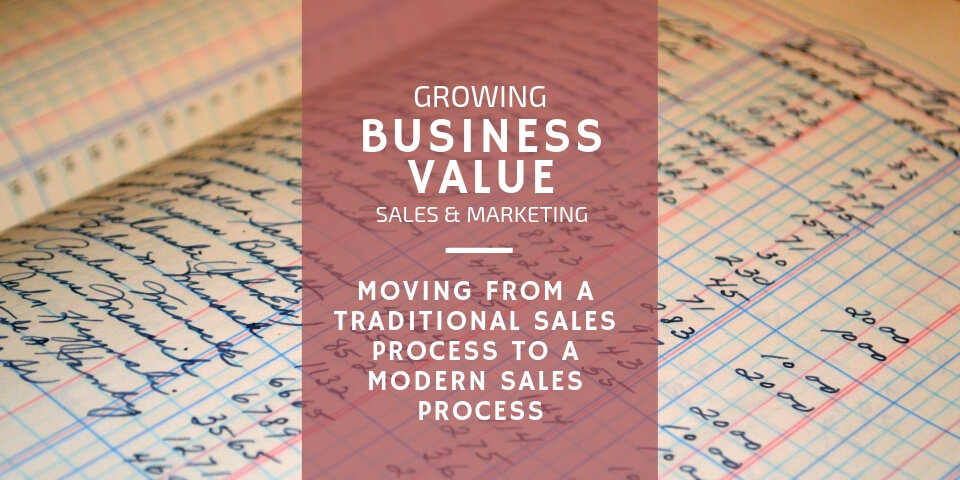
10 Ways to Create a Best-in-Class Sales Structure
January 21, 2019
Changing to a Modern Sales Process from a Traditional Sales Process
January 24, 2019Debt & the Business Owner – Understanding Business Auto Loans

When it comes to running your own business it takes a great deal of planning and money. You may need to buy everything from real estate for office space to equipment to run your operations. Sometimes those operations require vehicle fleets—which can be used for a variety of services. And if you thought buying a personal vehicle was confusing, buying an entire fleet probably isn’t topping your business bucket list.
As a small business owner, you may not have enough capital to purchase one vehicle, let alone an entire fleet. That’s where a business auto loan may come into play. Business auto loans are financing used to purchase vehicles used for business purposes. These loans allow you to buy from a vehicle from a dealership or private seller. There are various types of commercial auto loans and one that is sure to fit your needs.
Much like personal auto loans, business auto loans allow businesses to take possession of the vehicle(s) before paying the full purchase price. In these loans, the lender funds the loan and the business owner makes payments over time; which can be even more beneficial for a business owner if they need to purchase an entire fleet. The loans can be lumped into one lump sum or spread out over multiple loans.
Borrower Requirements for Commercial Auto Loans
Requirements vary by lender, however, similar documentation of both your business and you are usually necessary regardless of the chosen lender. You will typically need your business licenses and articles of incorporation to prove ownership of the business. Make sure you have something with your Federal Employer Identification Number on it as well. If you are a sole proprietor, you will use your Social Security number instead. Also, be prepared to prove that you can make monthly payments on the loan. For this, you can use documents such as a bank or cash flow statement.
Both your business and personal credit along with your PAYDEX and FICO will be considered during the loan process. The lender may limit you on the age, the mileage, and the value of the vehicle if you choose to purchase a pre-owned car.
Interest Rates & Terms
Commercial auto loan rates are currently under 5% for the most qualified borrowers. However, if your credit is not in tip-top shape or you’re a startup business the rate could be as high as 18% or more for borrowers with poor credit scores or startup businesses. The average rate right now for most is just over 4% with a five-year term.
Utilizing a refinance can be a great option if you have a high-interest loan and need to build your business’ credit history or score. Refinancing rates start at 2.99% and go up from there.
As for down payments, you can expect to pay an average of 10% of the purchase price. While terms vary, 60 months or 5-years is the most common for most commercial auto loans. Depending on your lender’s policy this term may be longer or shorter.
Keep in mind that loans for commercial trucks may be different than those for commercial vehicle loans. The rates on heavy-duty vehicles are still around 5%, however, 15% is the average down payment on this type of commercial auto loan and could go as high as 25% of the total cost of the purchase. There are times when lower down payments or even no down payment are options. However, those are hard to find unless you have a good cash flow and an excellent PAYDEX.
Personal Guarantees and Business Auto Loans
Another important factor to know is all owners with at least a 20% stake in the company may be required to sign a personal guarantee. This is especially true of those with low business or personal credit scores. It is possible those with high credit scores may qualify for business auto loans without personal guarantees. This policy varies will by the lender. If this is the case for you then a business auto loan refinance is possible later. At which time, the loan could be put solely under the name of the business without a personal guarantee.
Where to find a Business Auto Loan
Once you’ve decided to move forward with a commercial auto loan, it’s time to find a reputable lender to work with. You can go to the dealership, however, business owners will typically find the best options by shopping around and have their funding in place before making the purchase. Here are a few places to start:
- Small Business Administration (SBA)
- Bank or Credit Unions
- Online Lenders
Let’s look a little closer at these three options.
The Small Business Administration (SBA)
Loan programs from Small Business Administration programs are extremely competitive. You can usually find great interest rates and repayment terms. However, they can be difficult to obtain. While you won’t find an SBA loan specifically for commercial vehicles, there are several programs that provide loans to be used for this purpose.
Banks & Credit Unions
You can also turn to your bank and credit union for commercial vehicle loan options. The process will be much like getting a personal auto loan. And many business owners trust and rely on financial institutions they already have a working relationship with. However, you should always shop for the best rates which may or may not be at these institutions.
Internet Lenders
Another great option in the age of the internet is to find a lender on the world wide web. Many times turning to one of these companies can be more convenient and speed the process for approval. A few places to start is OnDeck, Lendio, or LoanBuilder (a PayPal company).
With so many options, it can be hard to determine which route is best for you and your business when you are in the market for a new vehicle. Never rush into this decision. Do your research and evaluate your business’ needs to ensure you are getting the best deal possible. Use debt to propel the growth of your business, not dig a hole. I hope these tips help make your decision Financially Simple™.
Here at Financially Simple™ we want to help you make informed financial decisions for your small business with confidence. In doing so, we might recommend products and services that offer us compensation when you use them. This compensation is used to help offset the cost of creating the content we give to you for free. We will, however, never suggest products/services solely for the compensation received. As stated before, our goal is to make understanding money for you the business owner, your family, and anyone visiting this website—financially simple.




